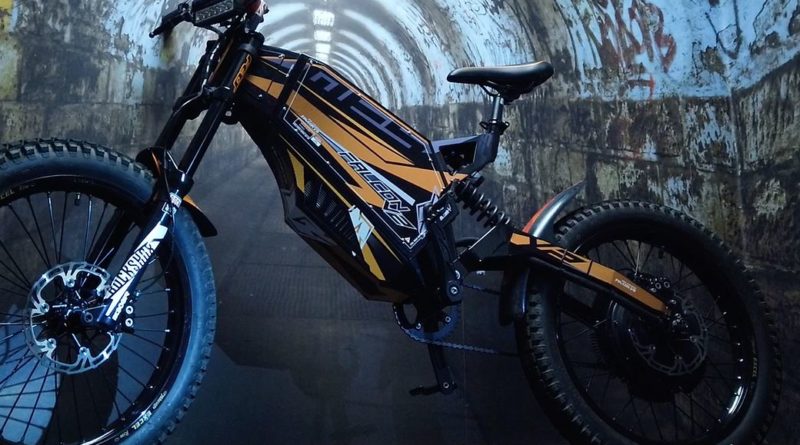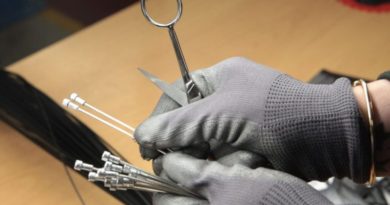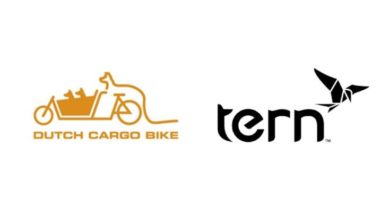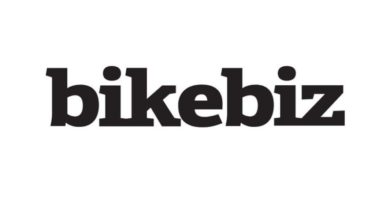DVSA prosecutes UK company illegally supplying unrestricted e-(motor)bikes
In a legal first, DVSA has announced the successful prosecution of a UK company which illegally supplied high powered electric assisted pedal cycles (EPACS) – not approved for UK road use.
A first of its kind in the UK, this case, brought under The Motorcycles (Type-Approval) Regulations 2018, “sends out a clear message to any in that industry that are not following the rules (that they will need) to get their houses in order.”
As reported, “Worcester Magistrate’s Court heard that Monsterebikes Ltd were supplying “Falcon” branded EAPCs fitted with motors powered up to 8000 watts and capable of speeds over 70mph without having type approval in place to ensure that the design and construction is suitable for riding at such speeds.”
Sadie Clarke, who led DVSA’s investigation: “This is a landmark case. High-powered electric bikes that have not had their design and construction properly approved pose a danger to their riders, other road users and pedestrians.”
“Today’s verdict opens the way for DVSA to progress our work in ensuring the electric bicycle market is safe and compliant for everyone.”
DVSA’s Senior Market Surveillance Investigator, Emma-Jane Morris said: “Manufacturers, importers and retailers of EAPCs need to be aware of the legal requirements that affect their business. Buyers also need to be aware of the law affecting them.”
The risk with such products being sold is broad and varied, ranging from stifling regulation for e-mobility solutions seen as essential to tackling urban air quality issues, through to financial loss as a consequence of reduced uptake when faced with increased restrictions on legal e-mobility solutions, something which e-bike motor manufacturer Bosch, with multiple years of investment in e-mobility, rightly highlighted;
“In legal terms, pedelecs with a support capacity of up to 25 km/h and a motor with a continuous rated power of up to 250 watts are equivalent to bicycles. As a result, e-bike owners do not require any extra insurance, registration number or driving licence and are permitted to use cycle and forest paths – a real bonus! It’s in everyone’s best interest to maintain this status if we are to enjoy the same rights and freedoms as other cyclists. Tuning e-bikes puts this situation at risk – and that concerns us all!”
The UK has clear laws in place to support the sale of both pedelec and S-pedelec.
With S-pedelec, legally classed as a moped, requirements are as follows:
- Registration with DVLA
- Displaying number plates
- Requires a licence – having passed a CBT course or with category AM or P on their existing license
- Must be taxed and insured
- Requires a motorcycle helmet
- Must be ridden on roads and not cycle paths
Essentially, “if you’re riding one, you’re legally riding a moped, and all the laws regarding mopeds apply.”
Keeping e-Bike’s status as a bicycle is critical to the sector, and to the wider industry, where there is universal agreement that future growth will come from. Where there is much more discussion surrounds regulated speed for e-bikes, which may shift again as a result of 20mph / 30kph speed limits being applied to other forms of transport in urban and rural setting, closing the gap for all forms of transport, which has repeatedly been proven to improve urban air quality, reduce accidents and encourage modal shift.
For a more expansive e-bikes and mobility conversation, click here to read thoughts and insights from Bosch eBike CEO, Claus Fleischer.



